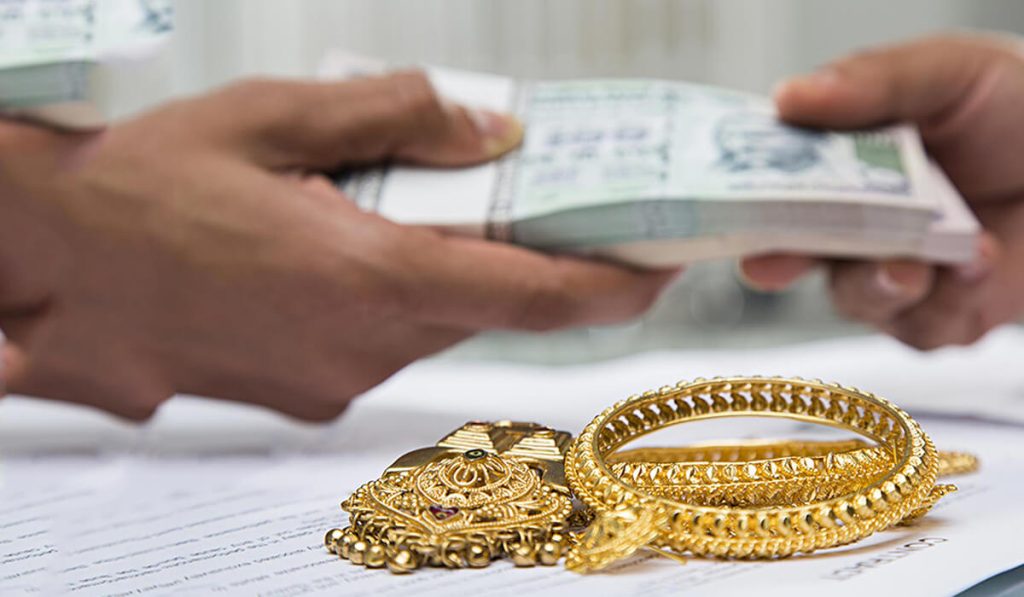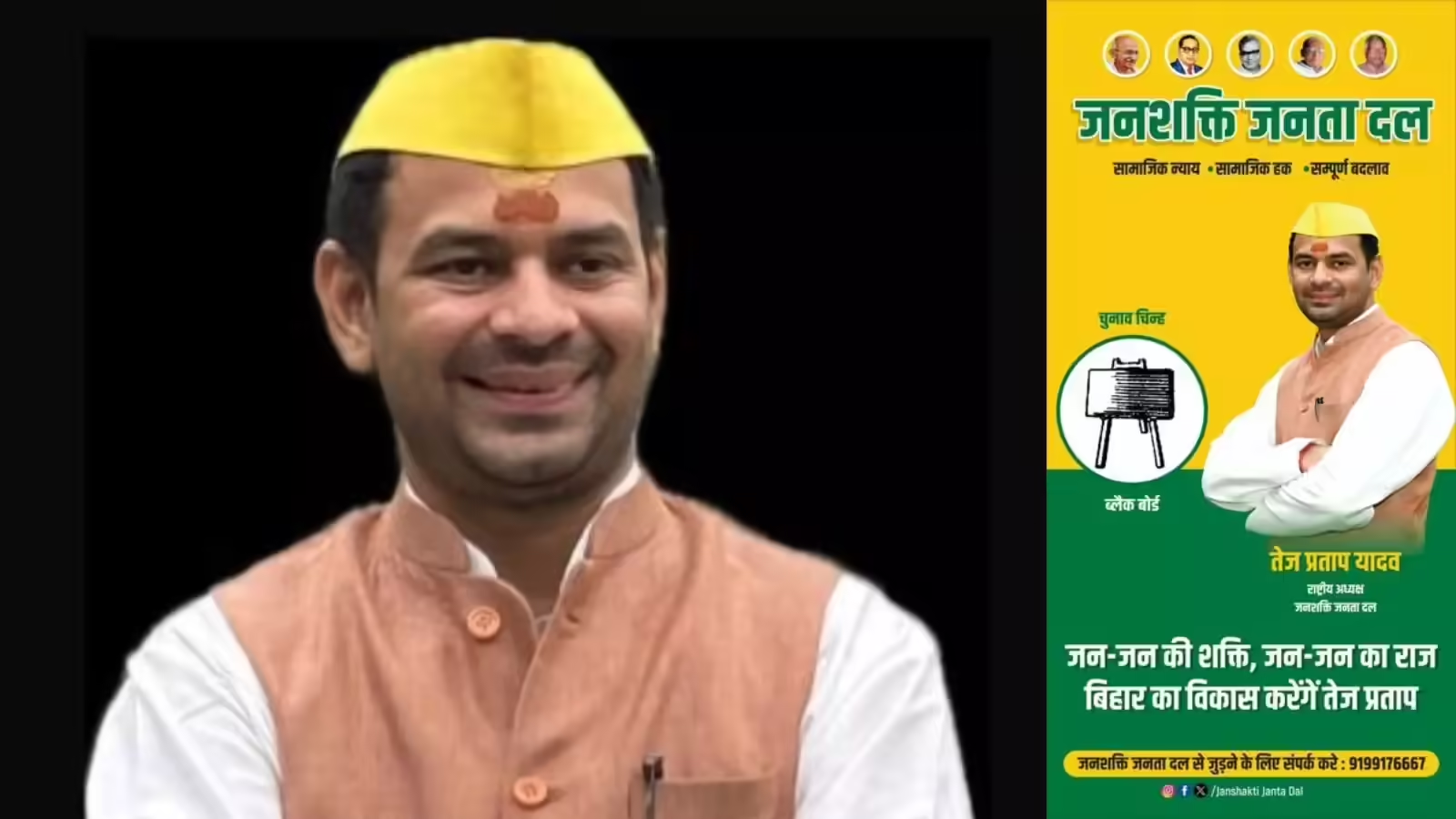Janshakti Janta Dal (JJD), launched in September 2025 by Tej Pratap Yadav, former Bihar Health Minister and son of Rashtriya Janata Dal (RJD) chief Lalu Prasad Yadav, is emerging as a key political actor in Bihar. Amid intra-family disputes and ahead of crucial assembly elections, JJD embodies a fresh cause—promising social justice, systematic reform, and comprehensive development. This article explores the party’s foundation, leadership, symbol, coalition politics, vision, and its potential impact on Bihar’s future.
Table of Contents
Origin and Launch
Expelled from the RJD in May 2025, Tej Pratap announced Janshakti Janta Dal as a platform to offer a “complete change” and a “new system” for Bihar’s governance. The party was officially unveiled on September 26, 2025, signaling his political comeback with aspirations to create a transformative agenda for Bihar.
The emergence of Janshakti Janta Dal (JJD) in September 2025 marks a significant shift in Bihar’s political scenario. Founded by Tej Pratap Yadav, elder son of Rashtriya Janata Dal (RJD) chief Lalu Prasad Yadav, the party reflects deep-rooted political ambitions coupled with a promise of comprehensive social justice, development, and systemic change in Bihar.
Formation and Background
Tej Pratap Yadav announced the formation of Janshakti Janta Dal in September 2025 following his expulsion from RJD. This move renewed political competition in Bihar, with JJD positioning itself as a party dedicated to delivering total change and a new governance system. The party symbol—the blackboard—symbolizes education and empowerment.
Leadership and Coalition
With Tej Pratap Yadav at the helm, Janshakti Janta Dal has invited five minor parties to form a coalition for the 2025 assembly elections. These include Vikas Vanchit Insaan Party (VVIP), Bhojpuriya Jan Morcha (BJM), Pragatisheel Janta Party (PJP), Wajib Adhikar Party (WAP), and Sanyukt Kisan Vikas Party (SKVP).
Ideological Focus
Social justice and inclusion
Political accountability and transparency
Grassroots empowerment
Infrastructure and holistic development
Commitment to creating a new system in Bihar
Symbol and Messaging
The blackboard symbol and party poster featuring historic leaders like Gandhi and Ambedkar emphasize education, social empowerment, and comprehensive reform aspirations.
Political Impact
JJD aims at challenging the established RJD and redefining voter alignments in Bihar by focusing on systemic change and coalition building. This party could influence electoral outcomes and catalyze new political narratives in the state.
Leadership and Structure
Tej Pratap Yadav serves as the National President, steering the party from the front. JJD brings together a coalition of five smaller parties, including Vikas Vanchit Insaan Party (VVIP) and Bhojpuriya Jan Morcha (BJM), aiming to consolidate fragmented political voices for stronger electoral influence.
Ideology and Vision
The central pillars of JJD rest on:
Ensuring social justice and rights for marginalized populations
Building a development-oriented governance framework
Encouraging grassroots participation and accountability
Adopting inclusive policies fostering empowerment and equity
The party’s poster highlights influential leaders like Mahatma Gandhi and Ambedkar, reflecting a commitment to democratic and egalitarian values.
Election Symbol and Significance
The “Blackboard” was chosen as the election symbol — a metaphor for education, enlightenment, and a foundation for change. It symbolizes the party’s emphasis on knowledge-driven reform and empowerment.
Political Impact and Electoral Strategy
JJD enters a competitive political battlefield, particularly as a challenger to RJD’s dominance. Analysts suggest the party might reshape vote patterns by attracting voters desiring change or disillusioned with existing leadership. Its coalition approach targets expanding influence across Bihar’s rural and urban constituencies.
Challenges and Prospects
JJD faces significant hurdles in establishing organizational strength and voter trust amid internal family discord and political rivalry. Yet, its potential lies in resonating with a new generation of voters and the consolidation of smaller parties, positioning it as an emerging voice for Bihar’s complete development.
FAQs
Who founded Janshakti Janta Dal?
Tej Pratap Yadav, former Bihar Health Minister and son of Lalu Prasad Yadav.
What is the election symbol of Janshakti Janta Dal?
The blackboard, symbolizing education and knowledge.
What are the key goals of the party?
Social justice, equitable development, grassroots empowerment, and systemic reform.
Which parties are allied with JJD?
Five minor parties, including VVIP and BJM.
How might JJD impact Bihar elections?
Potential to split traditional vote banks and present a new choice for voters seeking change.
Conclusion
Janshakti Janta Dal marks a new political chapter in Bihar with an agenda focused on transformation, social justice, and inclusive development. Under Tej Pratap Yadav’s leadership, the party seeks to challenge established norms and carve a niche in the evolving political landscape ahead of 2025 assembly elections. Its emergence underscores the dynamism of Indian regional politics and the power of fresh voices advocating comprehensive change.












